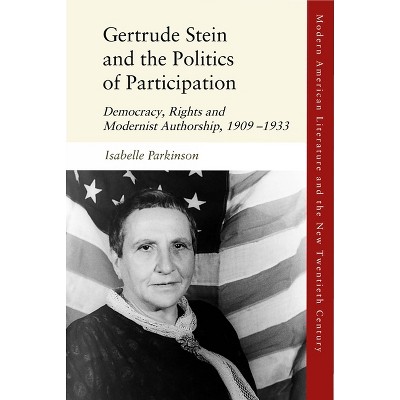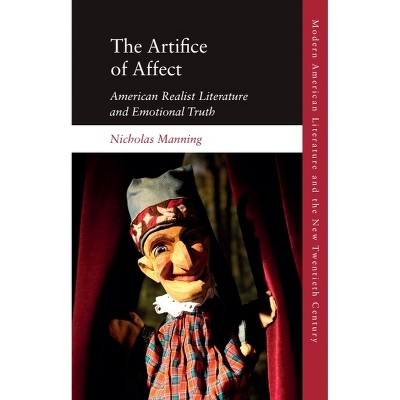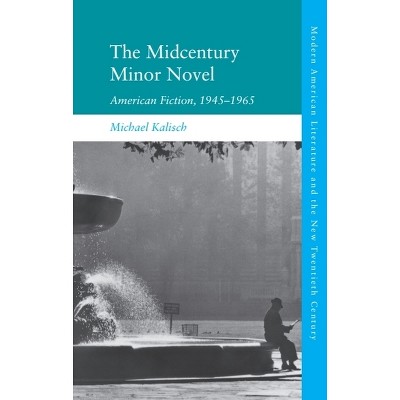The Regional Development of the American Bildungsroman, 1900-1960 - (Modern American Literature and the New Twentieth Century) by Tamlyn Avery

About this item
Highlights
- Why did the Bildungsroman, defined as the novel of development, and its protagonist Youth, become the symbolic form of the U.S.'s cultural preoccupation with regional difference amidst the nation's rapid but uneven development c.1900-1960?
- 8.5" x 5.5" Paperback
- 272 Pages
- Young Adult Fiction, Coming of Age
- Series Name: Modern American Literature and the New Twentieth Century
Description
About the Book
The first book to examine the historical transformations of the American Bildungsroman through the lens of region.
Book Synopsis
Why did the Bildungsroman, defined as the novel of development, and its protagonist Youth, become the symbolic form of the U.S.'s cultural preoccupation with regional difference amidst the nation's rapid but uneven development c.1900-1960? As a genre that historically represented the young individual's development in national-historical time, the Bildungsroman became one crucial means of configuring the culturally, politically, and economically asymmetrical effects of national modernization and the U.S.'s political ascendence within the capitalist world-system. Responding to that predicament, the novel of uneven development rose to salience, led by its protagonist, the unfixed youth, whose development within the national-historical time of Americanization is unsettled by their preoccupation with regional difference: an immobilizing entanglement I call American literature's regional complex. This book maps four prominent variations across the Midwest, Northeast, South, and Southwest that responded to that uneven development, fragmenting, and ultimately denying the Bildungsroman's consolidation into a coherent nationalist form.
Review Quotes
The Regional Development of the American Bildungsroman is essential reading for scholars of the genre, as well as those interested in US regionalism, realism, modernism, and naturalism. Avery's interdisciplinary approach and attention to regional complexities contribute to a nuanced understanding of how region and regionalism are inevitably intertwined with local, national, and global concerns, particularly regarding the uneven geographic development under modern capitalism.--Keith Wilhite, Siena College "ALH Online Review"
Dr Avery succeeds in supporting her central argument: that the genre of the bildungsroman, associated with the early nineteenth-century European novel, took distinctive forms across different environments and regions in the US context in ways that were linked to capital accumulation and uneven development.--Barbara Foley, Rutgers University, Newark
Shipping details
Return details
Trending Teen & Young Adult Books











